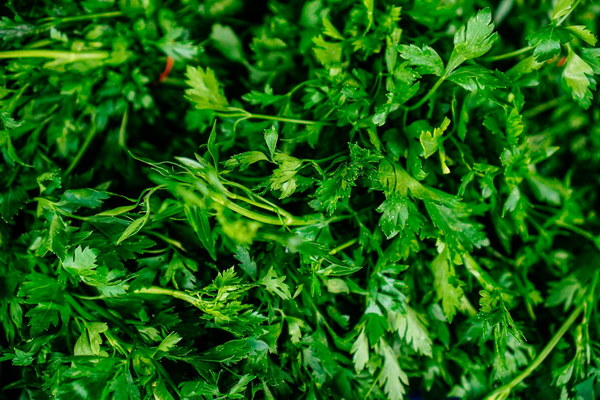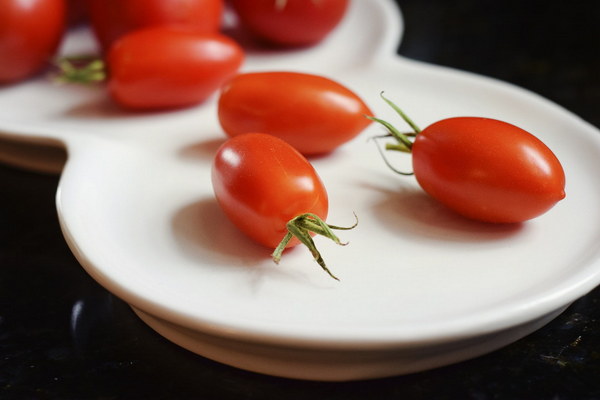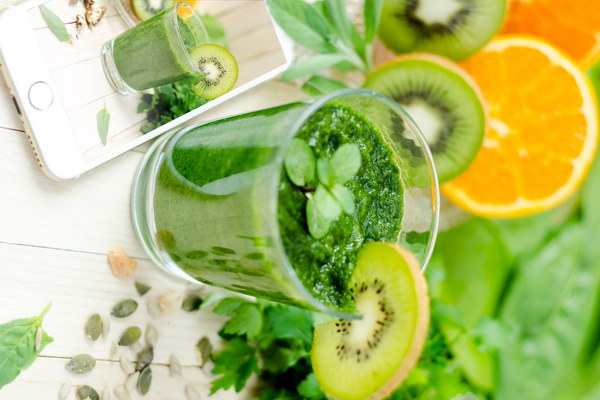Dampness Removal A Potential Solution for Acne or Just a Myth
Introduction:
Acne is a common skin condition that affects millions of people worldwide. While numerous remedies and treatments have been proposed, some people claim that dampness removal can help alleviate acne. But is it true? In this article, we will explore the relationship between dampness removal and acne, and whether it can be considered a potential solution.
1. Understanding Dampness and Acne:

Dampness, also known as dampness syndrome in traditional Chinese medicine, refers to an imbalance in the body's moisture levels, leading to various health issues, including acne. According to this theory, dampness accumulates in the body and affects the skin, leading to acne breakouts.
2. The Link between Dampness and Acne:
Acne is primarily caused by the overproduction of oil, clogged pores, and the growth of bacteria. Some people believe that dampness plays a role in this process. Here are a few reasons why dampness removal might help with acne:
a. Improving Digestion: Dampness is often associated with poor digestion, leading to the accumulation of toxins in the body. By improving digestion, dampness removal can help reduce the buildup of toxins, which may contribute to acne.
b. Balancing Hormones: Dampness can also disrupt hormonal balance, leading to an increase in oil production and acne breakouts. By addressing dampness, it may be possible to regulate hormone levels and reduce acne.
c. Enhancing Immune System: A strong immune system can help fight off acne-causing bacteria. Dampness removal may support the immune system, making it more effective in combating acne.
3. Methods for Dampness Removal:
There are various approaches to dampness removal, including:
a. Diet: A balanced diet that is rich in fruits, vegetables, and lean proteins can help reduce dampness. Avoiding spicy, greasy, and sugary foods can also be beneficial.
b. Herbs and Supplements: Certain herbs and supplements, such as Astragalus, Poria, and Licorice root, are believed to have dampness-lowering properties. These can be consumed in tea or taken as supplements.
c. Acupuncture and Massage: These traditional Chinese medicine practices can help balance the body's energy and reduce dampness. They may also improve blood circulation, which can aid in acne treatment.
4. The Scientific Perspective:
While dampness removal is a popular belief in traditional Chinese medicine, scientific research on its effectiveness is limited. Some studies suggest that certain herbal remedies and dietary changes may help improve acne, but the evidence is not conclusive.
5. Conclusion:
While dampness removal may offer some benefits in the context of acne treatment, it is essential to approach it with a critical mindset. Combining dampness removal techniques with other acne treatments, such as topical medications and proper skincare, may be more effective. It is always best to consult with a healthcare professional before making any significant changes to your treatment plan.
In conclusion, dampness removal might be a potential solution for acne, but more research is needed to fully understand its effectiveness. While it is worth exploring this approach, it should be done in conjunction with other acne treatments and under the guidance of a healthcare professional.









